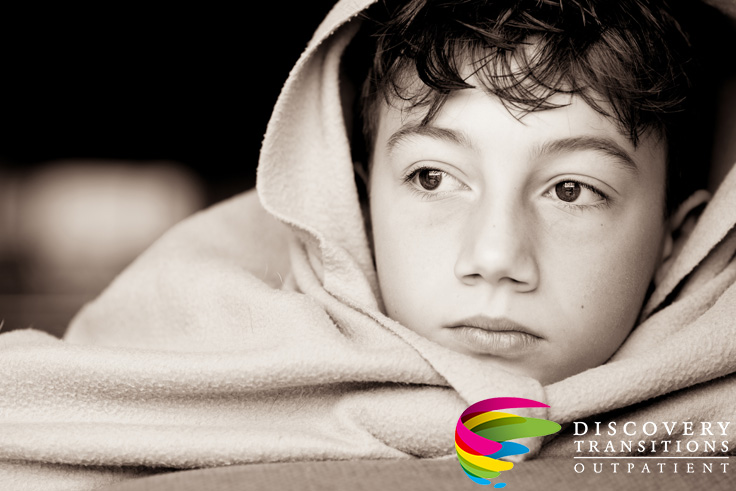Childhood Trauma Linked To Understanding Drug Addiction
As medical experts and substance abuse professionals continue their quest for understanding drug addiction, they have discovered a link with childhood trauma. Research shows that children who suffer traumatic events not only have a higher chance of developing depression and addiction; they also may actually experience specific brain changes that can trigger substance use disorders. In a study involving 19 teenagers who had suffered long-term abuse or neglect or who had endured a traumatic event, such as losing a parent before the age of 10 or domestic violence, researchers found over time that some of the teens developed substance use disorders, and some had a dual diagnosis of a substance use disorder and depression. The rate of these occurrences was nearly three times that of control subjects in the study. The research involved the use of brain imaging to explore connectivity issues.
Studies of The Addicted Brain Show Connection To Childhood Trauma
Childhood trauma covers a wide range of events, including sexual abuse and neglect. Studies of the addicted brain show that exposure to such traumatic events often results in adult psychiatric and substance use disorders. A national survey of adolescents confirms that teens who experience physical abuse are three times more likely to report the abuse of drugs or alcohol. Surveys of adolescents who have entered treatment programs for substance use reveal that more than 70 percent had a history of childhood trauma.
Understanding Drug Addiction Includes Understanding Trauma Risks
In studying risk factors involved with a tendency toward drug dependence, some professionals have discovered a traumatic childhood is a common factor in many cases. One researcher working with 50 adults addicted to cocaine found confirmation of a connection between childhood trauma and substance abuse, as well as impulsive and compulsive behaviors. While not everyone with a traumatic upbringing develops an addiction, the high-risk factor cannot be dismissed. As research continues, findings will provide information valuable to behavioral care intervention and treatment.



 Call
Call Text
Text